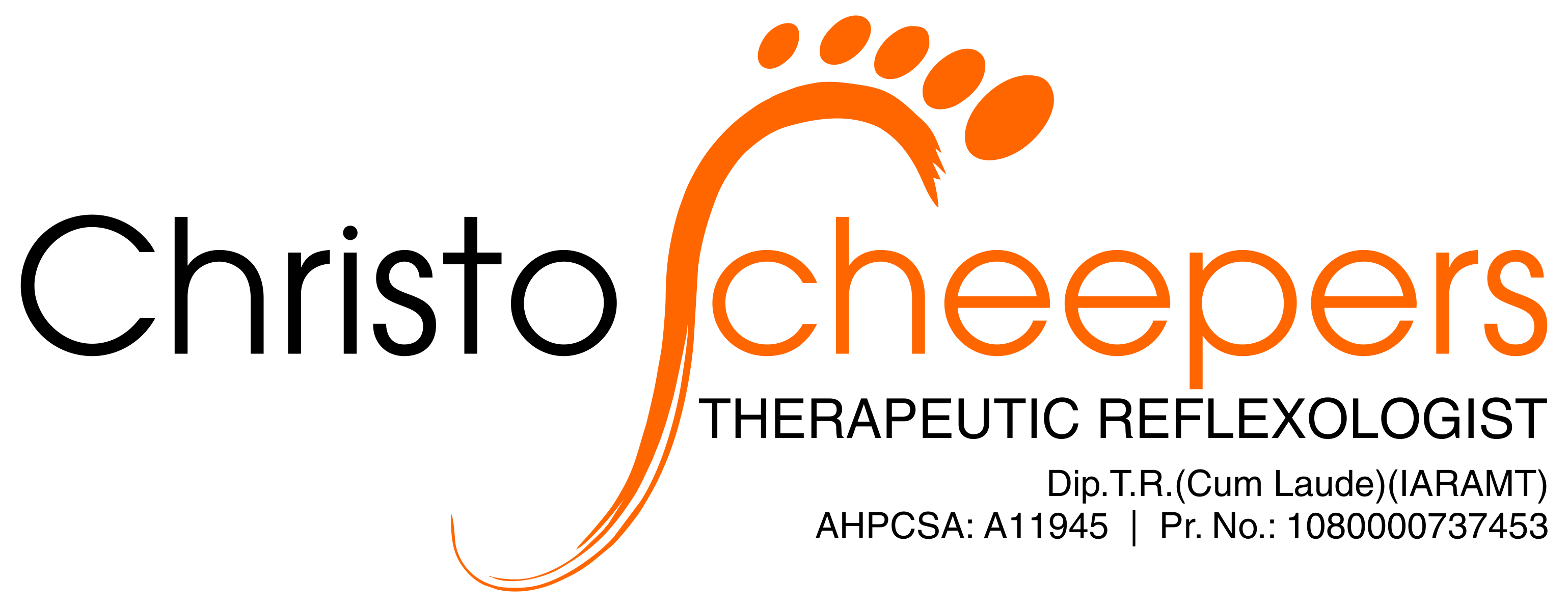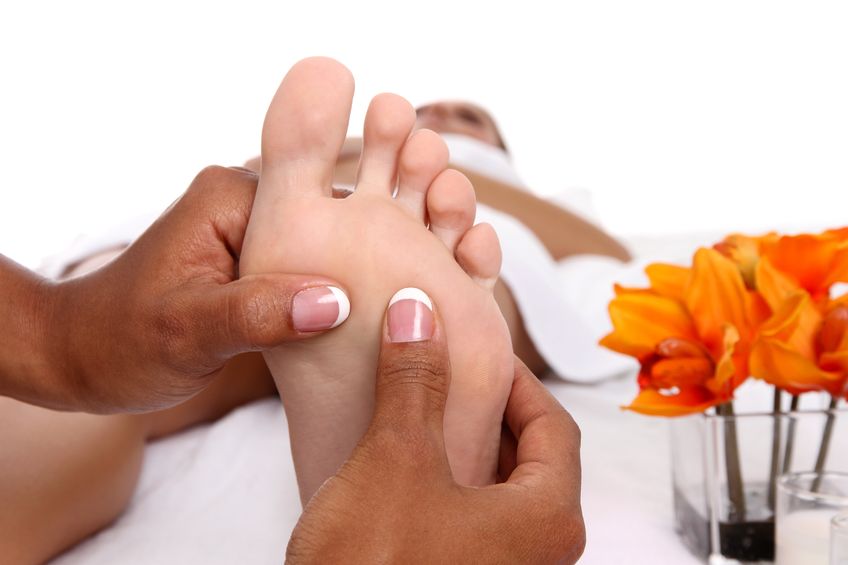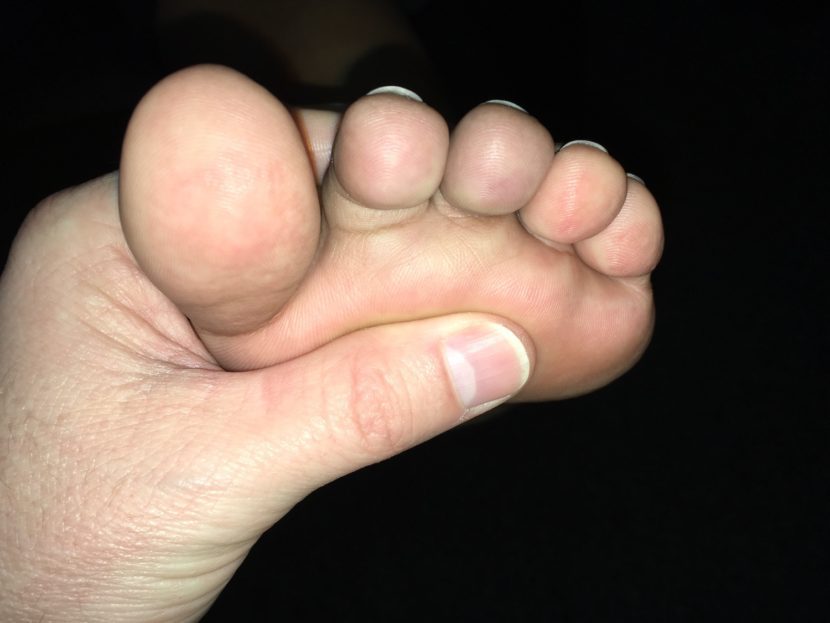Browsing the internet may have brought you to the interesting pages where reflexology is portrayed as mere quackery, but do you believe everything that you read on the internet? In today’s post, we’ll unpack and discuss whether therapeutic reflexology is an authentic healthcare modality or mere quackery based on the suggestion of the therapist.
Let’s begin with the fact that you cannot believe everything you read on the internet, because if you search a bit, you may find anything you want on there. You may find opinions of people that reflexology is quackery, but you will also find opinions where medical doctors are portrayed as quacks and beliefs that you are actually not alive, but just a thought that you perceive as reality. You cannot merely believe everything you read on the internet, so you need to ensure that you obtain your information from credible sources. There are numerous credible sources on the internet, but there are many sources on the internet intended to create hype or discredit without any foundation for their claims. Let us thus consider reality.
Professionality
When reading internet content about reflexology, you need to realise that often the information comes from somewhere outside of South Africa and often it is from countries where reflexology is not seen as a profession and thus it is not regulated and when a profession is not regulated, you may come across a few weird and interesting people making unfounded claims.
In South Africa, the profession of Therapeutic Reflexology is formally regulated by a statutory council, the Allied Health Professions Council of South Africa (AHPCSA). That means that the profession is recognised and regulated while the therapists are provided with a scope of practice clearly indicating what they are allowed to do and what they cannot do. The scope of practice is a safety net, not only for the therapists but for the public as well. If a therapeutic reflexologist oversteps the scope of practice, it is possible to report such therapist that may lead to losing the ability to practice, in a similar way that medical doctors are functioning within scope of practice and practising without proper registration, is a criminal offence.
The AHPCSA is there to protect the public against quackery and malpractice.
Let us first look at the requirements to register with the AHPCSA in order to practice as a Therapeutic Reflexologist.
- Firstly, you need a 2-year Diploma in Therapeutic Reflexology that consists of a total of 2400 hours of training that includes subjects like Anatomy & Physiology, Pathology & Pathophysiology, Reflexology and Therapeutic Reflexology. Modules included in the training also includes Patient Care, AHPCSA Act and Regulations, Lifestyle Management, Research Methodology and Practice Management. The qualification is registered with the Department of Higher Education & Training (DHET), the AHPCSA and accredited with the Higher Education Quality Committee (HEQC) of the Council of Higher Education (CHE) and the South African Qualifications Authority (SAQA). It is a quality and recognised qualification and seen as one of the highest in the world as many other countries only require a 300-hour qualification in order to operate in those countries. South Africa is definitely leading the way with the quality of qualification, but it is needed as Therapeutic Reflexologists in South Africa are seen as healthcare providers, regulated by the AHPCSA and have valid practice numbers that they obtain from the same organisation where medical doctors obtain theirs from.
Presently, there are only 3 recognised institutions in South Africa that provide Therapeutic Reflexology training that is accepted by the AHPCSA, namely The International Academy of Reflexology and Meridian Therapy (IARAMT), Camelot and Potchefstroom Academy.
- Secondly, community service hours need to be completed under supervision, so the therapist can gain the necessary practical experience; at present, a total of 200 hours are required.
This differentiates Therapeutic Reflexology as it is a healthcare modality formally recognised and regulated by the AHPCSA with a registered designation registered with SAQA.
Therapeutic Reflexologists are highly regulated by the AHPCSA and will therefore not make unfounded claims that can portray them as practising quackery. Instead, they practice a recognised healthcare modality in South Africa within very clear boundaries in their scope of practice.
Research
There are numerous research studies that have been conducted and that are presently being conducted globally on the effectiveness of reflexology in numerous instances, so generalising and indicating that reflexology is quackery, is an unfounded statement as there are numerous research studies available that prove the opposite. Reflexology is very effective in certain instances but within limitations. Reflexology is not a miracle cure, it is a healthcare modality that offers therapy to patients, not miracle cures.
Mere Suggestion
Many “professionals” claim that reflexology is merely effective as the placebo effect and based on the suggestion from the therapist. This is not true when observing the results and effectiveness in patients that do not have the ability to be told what to believe like younger children and people with mental conditions like dementia; yet, they still experience benefits like pain relief and improved quality of life.
Yes, there may be many instances where reflexology was not effective, but no healthcare modality is 100% effective. There are no guarantees when making use of a healthcare modality. Your doctor will not guarantee you total health after using a specific tablet or after a specific surgery and similarly, no therapeutic reflexologist can either; it is a healthcare modality and people react differently to a treatment. It may work very well for certain patients, but not necessarily for others, however, making it out as mere suggestion or a placebo effect, is not what the reality in practice shows.
The Therapist
There are definitely therapists in the world making claims that are unfounded, just like in any other profession. In South Africa, this is very limited due to therapeutic reflexologists being highly regulated by the AHPCSA and as such, there are strict guidelines and regulations as to what is allowed to be said and what is discouraged. The same strict guidelines are not available in all countries and therefore many unfounded claims have been made that are available on the internet, but throwing out the entire profession just because a few people are making unfounded claims, is not appropriate.
You need to be comfortable with your Therapeutic Reflexologist and if you are not, please speak to the therapist and a referral to another therapist will gladly be done. Ultimately, therapeutic reflexology is about you as the patient feeling comfortable with your therapist so that you may receive the benefit of this amazing healthcare modality.
Concluding Remarks
There are many unfounded claims and misleading information on the internet; you cannot believe everything you read. It is important that you base your opinions on appropriate information from reputable websites and other sources.
For me, it is always interesting to see who has funded certain research or who are making the claims that reflexology is quackery. The source of the information often provides more value than the actual article self, because you would soon realise whether the information is there to educate the general public in an informed and professional manner or whether it is there merely to discredit a profession or a specific industry.
It is not uncommon that there are certain medical and healthcare professionals globally that do not believe in reflexology; that is fine, all people may not agree or even want to even try it out. However, it is one thing to not believe in a modality, but a totally different thing when trying to discredit a profession or healthcare modality with limited information available.
Personally, I believe in testing all things before making up my own mind rather than merely following the crowd and staying within the status quo.
Personal Experience
I have tested therapeutic reflexology and it proved to be very effective for certain conditions and as a result, I have been using it myself; I believe in what I do and therefore I also receive treatments. This has proved very successful for my own body for conditions like stress relief and keeping Irritable Bowel Syndrome (IBS) under control after the medical profession was unable to provide assistance.
On the other hand, there are certain conditions I have been living with that therapeutic reflexology could not resolve and in those instances, I had to obtain the necessary medical help. Due to a structural nose problem, I had to undergo a few sinus surgeries in my life that proved very successful. I tried therapeutic reflexology as a modality to deal with it, but since it was a structural problem, reflexology could not help and the only solution was surgery.
From my personal experience, I can therefore highly recommend therapeutic reflexology for certain conditions and have seen the results for many conditions in practice, but in other instances, reflexology is not so helpful and other medical or healthcare assistance is needed.
The therapeutic reflexologist is trained to provide the best possible therapy within the scope of practice boundaries and if those boundaries are exceeded, then a referral to the appropriate medical or healthcare professional can be made.
Therapeutic Reflexology is a recognised healthcare modality in South Africa that is highly regulated to ensure the safety of the public and it is very effective in certain instances, but calling it quackery, is an unfounded claim in itself. Therapeutic reflexology is not quackery, it is a recognised healthcare modality in South Africa that can operate successfully alongside other healthcare professionals in a multidisciplinary team within the clearly stipulated scope of practice provided by the AHPCSA.
—
Christo A. Scheepers: Therapeutic Reflexologist
Dip.T.R.(Cum Laude) [IARAMT]
AHPCSA: A11945
Pr. No.: 1080000737453
Tel. 072-800 7243


